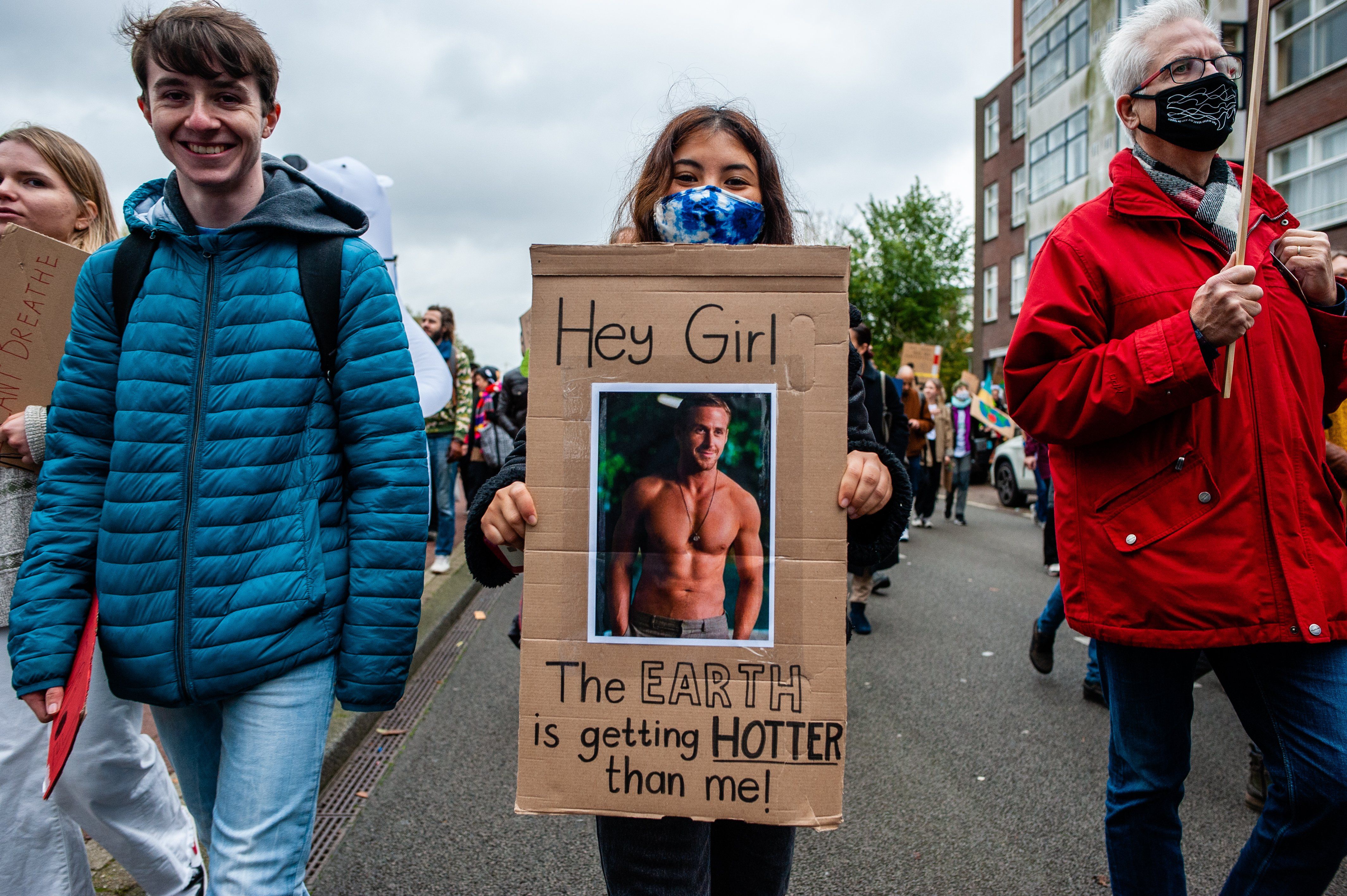The plaintiffs claimed the state had violated their right to “a clean and healthful environment in Montana for present and future generations,” a provision that’s been in the state constitution since 1972.
The hearings consisted of testimony from scientists on the detrimental effects of greenhouse gas emissions in Montana, blaming them for recent droughts, higher temperatures, longer wildfire seasons, and limited snowfall. It also included testimony from the young plaintiffs themselves, who spoke about the effects of climate change they had experienced.
The ruling will affect the state’s mining industry, which added $1.7 billion to the state's GDP in 2022 because it invalidates a law enacted by Republicans earlier this year prohibiting regulators from considering the climate change effects of new mining and oil and gas extraction projects.
The plaintiffs were represented by Our Children's Trust, an environmental organization that has filed dozens of similar lawsuits. We’ll be watching to see whether this precedent makes an impact in cases in other states.
